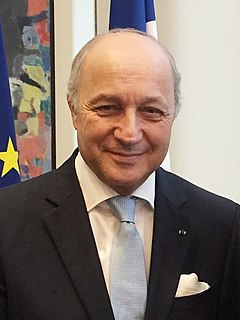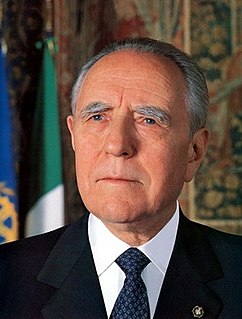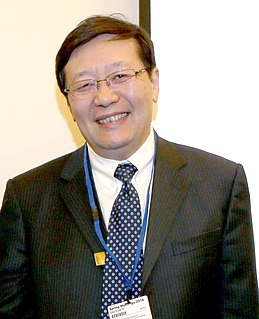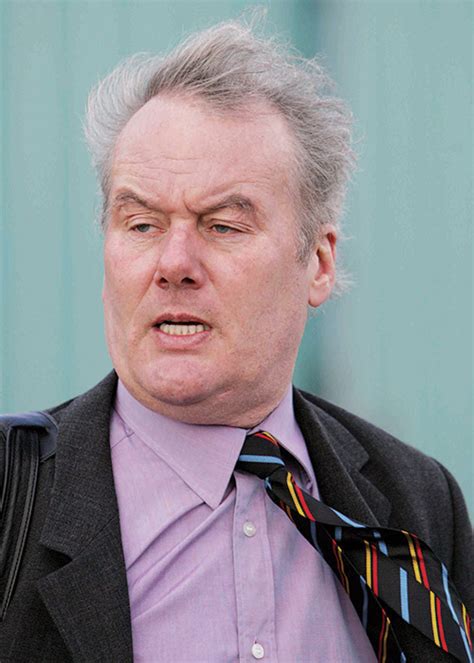A Quote by Gerhard Schroder
Indeed, the creators of the euro envisioned it as an instrument to promote political union.
Quote Topics
Related Quotes
Thanks to the euro, our pockets will soon hold solid evidence of a European identity. We need to build on this, and make the euro more than a currency and Europe more than a territory... In the next six months, we will talk a lot about political union, and rightly so. Political union is inseparable from economic union. Stronger growth and Euorpean integration are related issues. In both areas we will take concrete steps forward.
Europe is sort of like the Soviet Union in the '30s and '40s. There was an argument, is it reformable or not? There is a feeling, and I think it's correct, that the European Union, the eurozone, and the euro, is not reformable, as a result of the Lisbon treaties and the other treaties that have created the euro. Europe has to be taken apart in order to be put together not on a right-wing, neoliberal basis, but on a more social basis.
This much is true: When we created the euro, it wasn't possible to create a political union along with it. People weren't ready for that. But since then, they've grown more willing to go in that direction. It's a process, one that is sometimes laborious and sometimes slow. But it's important to keep the populations involved.
The International Brigade was not formed to protect freedom and democracy. It was founded as a tool of of the Comintern, to promote the interests of the Soviet Union - and thereby of Joseph Stalin, the butcher of millions. It made political sense for the International Brigade to recruit non-communists - useful fools was what Lenin had called such people in an earlier manipulation of gullible decency - but of course most were then vetted by the NKVD, the Soviet Union's secret police.










































